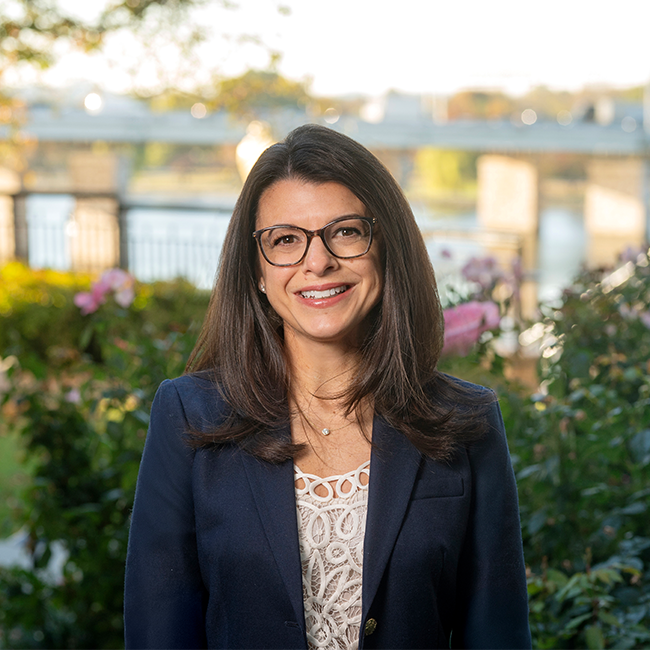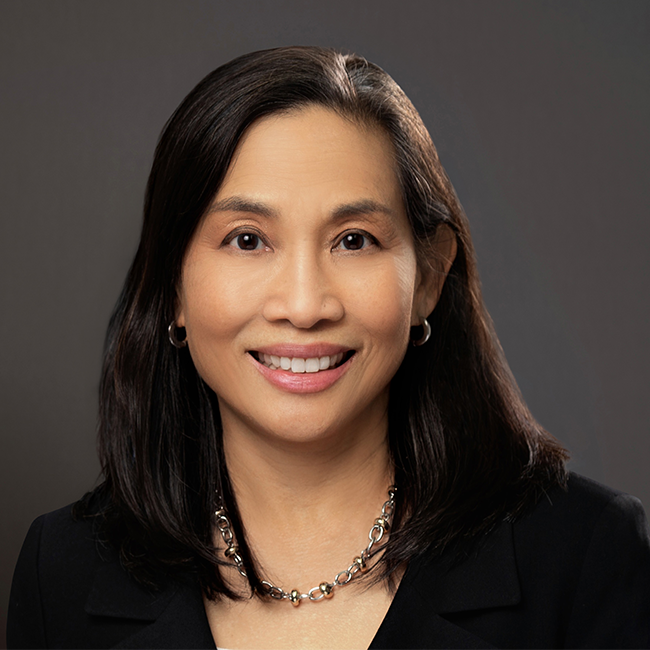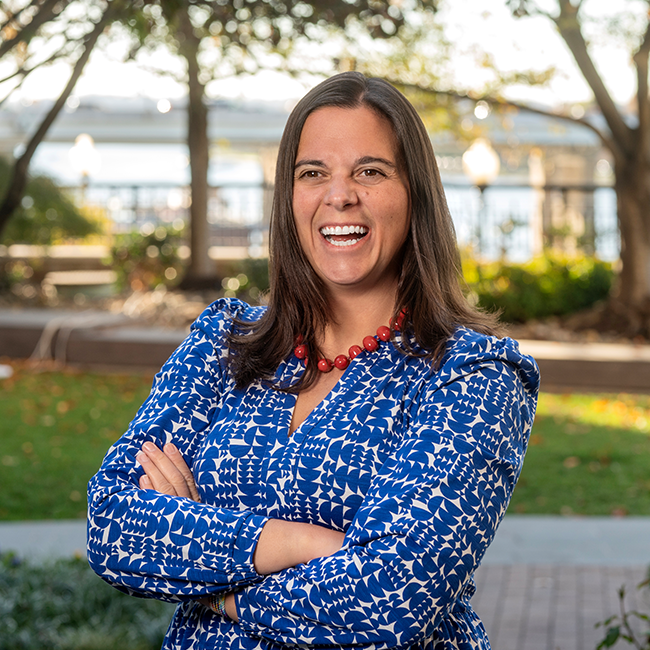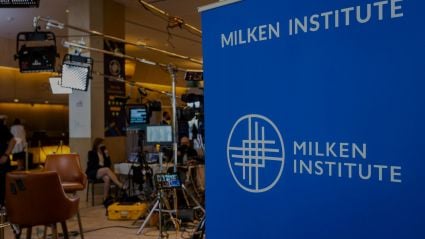Being an effective philanthropist means being a good businessperson. It requires an ability to manage money, handle negotiations, market, execute deals, sometimes walk away from deals, and juggle many balls in the air at once. It also requires transparency and developing the trust of people who “invest” in your cause and instincts.
BStrong is an initiative that provides immediate assistance in times of great peril, disaster, and crisis. When a catastrophe strikes, we quickly determine where our entry point is and how we can help, specializing in urgent life or death needs. We hit the ground running to provide aid and relief as quickly, efficiently, and effectively as possible. When I first started this initiative, I had no insight into what disaster relief truly was. I began delivering assistance after Hurricane Harvey, followed by Hurricane Maria in Puerto Rico, and have since worked on fires, earthquakes, and disasters worldwide. Disaster relief is a particular niche, and you need a particular personality and a particular set of skills to succeed. That is, someone who can organize, mobilize, navigate, structure, and execute simultaneously. I found that it is certainly not for the faint of heart. While no two disasters are alike nor require the same specific type of aid, the process requires the ability to assess, analyze, and, when necessary, go rogue. The urgency of each event means every minute matters.
To tackle the COVID-19 pandemic, we began our mission by distributing “Coronakits,” infection prevention kits that included hand sanitizer, wipes, masks, gloves, hydration kits, and immune builders to people and hospitals across the nation. Our mission soon pivoted as the significant crisis surrounding access to personal protective equipment (PPE) for medical professionals became more apparent. Our primary focus became delivering masks, gowns, and other PPE to hospitals and medical workers on the front lines of this pandemic. To date, BStrong, in partnership with Global Empowerment Mission, has raised over $4.5 million in funds and distributed almost $18.5 million in PPE nationwide.
Being an effective philanthropist means being a good businessperson.
Achieving the goals of our mission, during the current crisis and otherwise, can often mean collaborating with public-sector entities. Typically, it is a significant challenge for the private sector to collaborate with the public sector. There are many reasons for this, but a few are:
-
Damage Control: Often, government entities want to control the messaging and do not want relief initiatives like ours to be the voice out front, highlighting the severity of the crisis and level of need. We have experienced this in tourist locations where there is a fear of damaging tourism and the local economy.
-
Credit: Political stakeholders often desire credit for relief efforts and are resistant to external advice and assistance. Asking for help and sharing the credit is a challenge.
-
Logistics: The private sector needs to be quick and nimble, and has no time to run every decision up the flagpole when a crisis is at hand. The bureaucracy and red tape in the public sector can be killers.
-
Liability: Public-sector stakeholders are afraid that if they don’t handle something directly, they could be held liable. With the disturbingly high amounts of corruption during times of disaster, this is a valid concern.
It needs to be said that during the COVID-19 crisis, the public sector has been open and willing to work with us in the private sector, simply because the scope of the situation has required an all hands on deck approach. Government alone could not address the overwhelming needs. Unfortunately, we found it was every man/woman for themselves in each state. Bstrong was able to establish trust with our public-sector partners, we were honest in our knowledge of the situation and the parties we were dealing with, and we remained completely transparent.
Some of the biggest challenges faced by our initiative have been the fast-moving dynamics and deep corruption during times of crisis, panic, and anxiety. The lessons we have learned are to always be ahead of the game, never over-promise and under-deliver, communicate when the mission pivots, and, most importantly, be honest about struggles as they’re happening. Relief efforts and other nonprofits are best served by being upfront and honest when challenges arise and goals change. Social media and the mainstream media have been an incredible resource to spread the message about our goals, including when we communicate that we are pivoting. We encourage other like-minded initiatives to develop robust traditional and social media strategies and tactics so that they can lean on those resources during difficult times.
Crises can bring out the best in people, and there is often a desire by the public to contribute to on-the-ground relief initiatives like ours financially. Knowing which group to donate to is challenging and can be similar to choosing a stock in which to invest. It is an investment that requires research. Bstrong distributes 100 percent of the aid we receive to the effort at hand, so we have a trust with our donors that is unequaled. Bstrong gives donors constant connectivity between their dollar and how the money is being used. By being overly communicative about overall strategy and involving our donors at all levels, they feel secure in how funds and aid are distributed. This approach to communication and relationship building with a donor network is something we feel is incredibly important.
BStrong is unlike many of the more traditional philanthropic initiatives out there. Our team is hyper-vigilant, and we function as warriors, cutting through the garbage to get to the good. Traditional philanthropy is organized on year-round agendas that methodically, and often slowly, work to execute their goals. In our case, one day, an earthquake, hurricane, or pandemic hits, and by the next day, we need to become experts on that situation quickly. We achieve success because of our ability to be nimble and move quickly. With that approach, we’ve also been able to quickly provide aid to small businesses affected by the pandemic and businesses vandalized during protests as we collectively, during this time of reflection and remembrance, have long-overdue conversations about race and justice in this country.
I believe we are experiencing a global reset. Society has become grossly superficial and materialistic, and our values have been corrupted. I think we will change as a nation and a world, and those who have evolved will quickly separate from those who have stayed the same. I believe that this is also a time of technological revolution. Businesses will change forever. We will need less real estate square footage, a smaller workforce, and decreased travel to be productive and accomplish business goals. We will need less to achieve more. This experience has changed me as a human being forever.














